A rocket carrying the Deep Impact spacecraft blasts off from Florida in January 2005.
Click on image for full size
Image courtesy NASA.
Deep Impact Blasts Off
News story originally written on January 14, 2005
A rocket blasted off on January 12,
2005. The rocket was carrying a robot spacecraft called Deep
Impact. Deep Impact
will study a comet.
Deep Impact has two parts. One part will fly by the comet. The other part
is called an "impactor". The impactor will crash into the comet!
It will make a crater as big as a football stadium on the comet.
Scientists
want
to
see what the insides of a comet are like. The flyby part of Deep Impact will
take pictures before, during, and after the crash.
Deep Impact will get to Comet Temple 1 on
the Fourth of July, 2005. The comet is named after Ernst Tempel. He discovered
the comet in 1867. Comet Temple 1 goes around the Sun once every 5.5 years.
You might also be interested in:
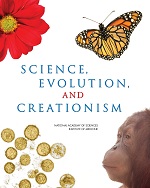
How did life evolve on Earth? The answer to this question can help us understand our past and prepare for our future. Although evolution provides credible and reliable answers, polls show that many people turn away from science, seeking other explanations with which they are more comfortable.
...more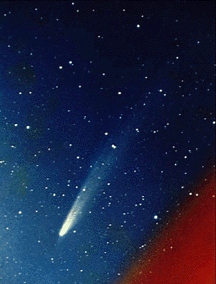
Not too long ago, many people thought that comets were a sign that something terrible was about to happen. People didn't understand about how objects in the sky moved, so the sight of a comet must have
...more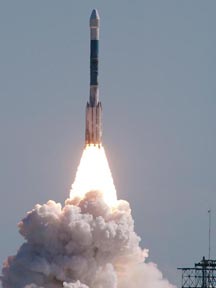
A rocket blasted off on January 12, 2005. The rocket was carrying a robot spacecraft called Deep Impact. Deep Impact will study a comet. Deep Impact has two parts. One part will fly by the comet. The other
...more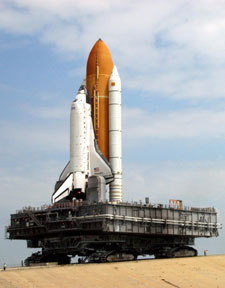
NASA is getting ready to launch a space shuttle. There are three space shuttles. The one named Discovery is getting ready to blast off. If everything goes right, Discovery will blast off on Wednesday,
...more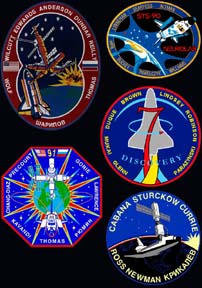
1998 was a very full year when it came to space exploration and history making. In the blast-from-the-past department, John Glenn received another go for a launch aboard Space Shuttle Discovery. After
...more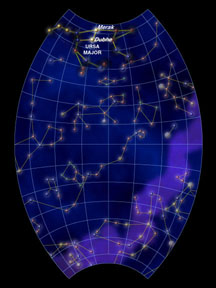
Windows Scientists found twelve new stars! No, not really! But they did create twelve new pages about some of the brightest stars in the night sky. Some of the constellations are Leo, Ursa Major and Virgo.
...more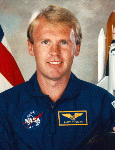
The following is Andy Thomas's last letter to those on Earth. The subject -- a view from space...As I have orbited around the Earth, I have spoken to many amateur radio operators as well as television
...more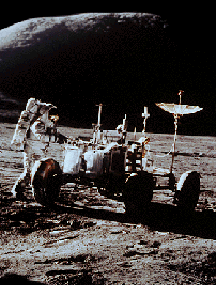
A memorial service in honor of Alan Shepard is scheduled for August 1st in Houston, Texas. Shepard died Tuesday, July 21, at the age of 74. Shepard was the first American to fly in space, and the fifth
...more














